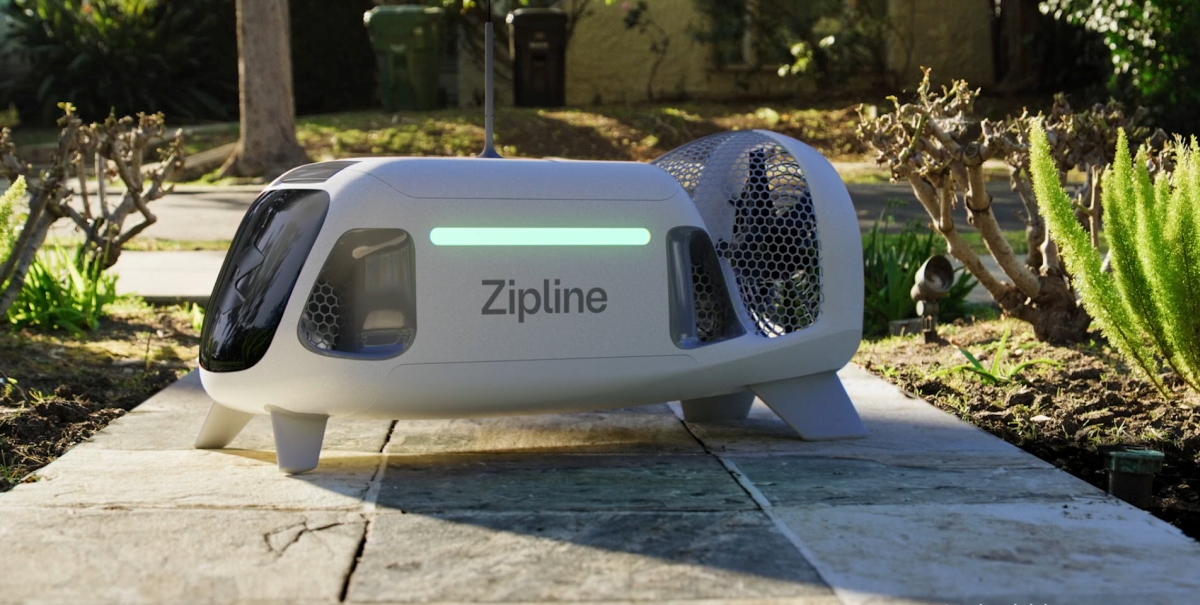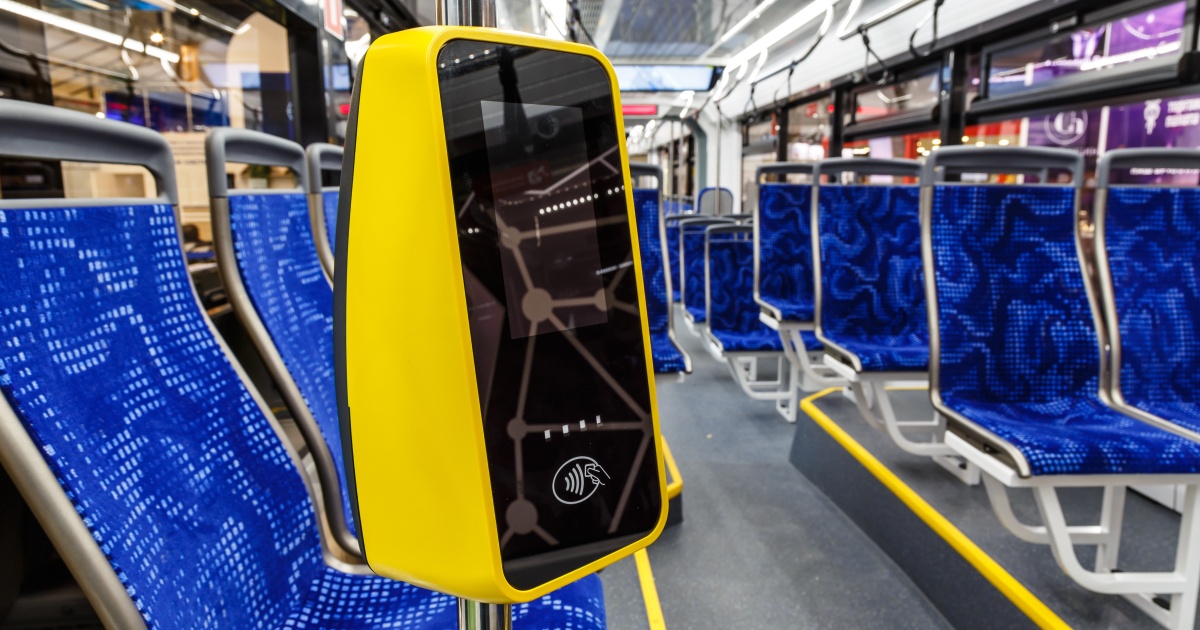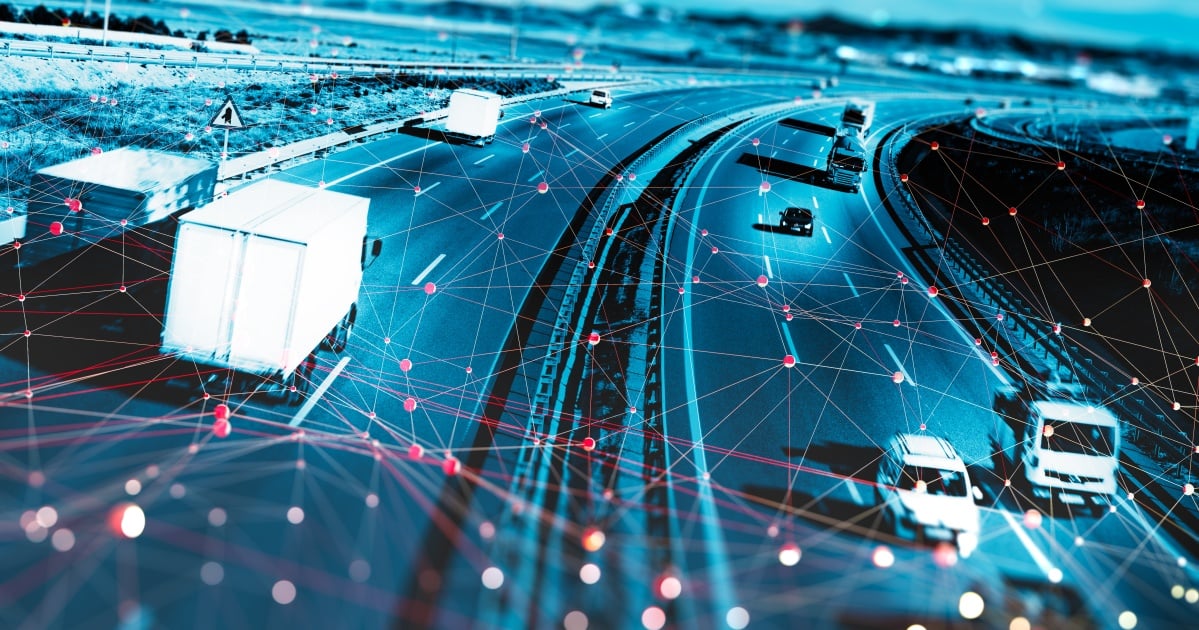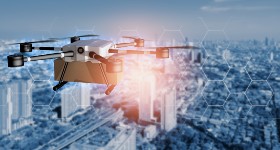The IEEE, a professional organization of technological innovators, announced on April 7 the results of a recent survey of 3,000 tech enthusiasts predicting M2M innovations on an incredibly fast timeline, including that by 2025 humans will be hacking the mind and rolling in driverless cars.
“As technology evolves, it becomes more and more integrated with our daily lives and its physical presence shrinks,” said IEEE member Diogo Monica, security lead at Docker. “Consumer technology is advancing beyond the constraints of mobile devices to wearable form factors, and the next step in this evolution will be the ability to control technology in a hands-free way using brainpower alone.”
The mind-melding aside, connected cars are quickly becoming a reality. Tesla recently announced a software update that will allow for the Model S to someday soon fully autopilot on the highway. Meanwhile, Google is on the hunt and several carmakers are also chasing the autonomous dragon.
Rattan Joea, CEO of Prime Time Shuttle and Opoli Technology has decades of experience in transportation considers this a positive evolution. “I think it’s an exciting time,” he said. “If there was a driverless car today, I’d love to use it.”
He said connected cars will be safer for drivers and pedestrians once the technology’s up to snuff. And that won’t be long, he believes. Another big advantage will be in the energy conservation arena, Joea said.
“In terms of energy, this will be a huge savings and contribution to energy independence,” he said. That’s because driverless cars will be more efficient, and will likely run on electricity, charging themselves wirelessly when not in use.
The IEEE survey mirrored Joea’s point of view.
“The development of autonomous vehicles has progressed significantly with technology enhancements and improved intelligent environmental understanding,” said Alberto Broggi, IEEE Fellow, professor of computer engineering at the University of Parma in Italy and founder of VisLab. “Trust in the technology will be a strong driver of adoption, and these survey results show we're making headway in building consumer trust for the future.”
Obviously, these are early adopters and technophiles of the first order, but even taken with a grain of salt, connected cars are on the way to our garages sooner rather than later. Unlocking our houses with our minds? Well, I’m not sure I’m ready to be assimilated yet.
Edited by
Dominick Sorrentino





